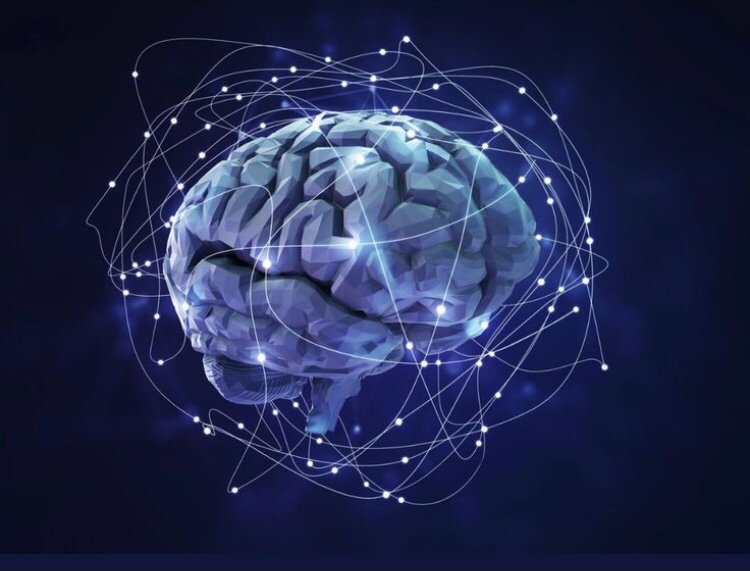Neurons are the brain’s fundamental units, orchestrating everything from our heartbeat to our memories. Understanding their structure, function, and formation reveals how they maintain the symphony of our existence.
Picture your brain as a bustling city, where neurons are the tireless workers keeping everything running smoothly. These tiny cells are the foundation of the nervous system, managing every thought, action, and memory with remarkable precision.
Each neuron is like a microscopic tree. The cell body, akin to a tree trunk, contains the nucleus, which holds the cell’s genetic blueprint. Branching out from the cell body are dendrites, resembling tree branches, which gather signals from other neurons. A single neuron can have thousands of dendrites, creating an extensive network of communication. Extending from the cell body is the axon, a long fiber that transmits electrical impulses to other neurons or muscles, much like a telephone wire.
Neurons communicate through electrical signals. When a neuron receives a signal through its dendrites, it generates a small electrical current. If this current is strong enough, it travels down the axon, triggering the release of chemicals called neurotransmitters. These neurotransmitters bridge the gap between neurons, passing the message along.
Unlike most cells in the body, neurons have a limited ability to regenerate. However, the brain’s subventricular zone can produce new neurons throughout life, especially during key developmental stages. This process, called neurogenesis, is influenced by various factors.

Factors Influencing Neuron Count
Exercise: Physical activity stimulates neurogenesis, promoting the growth of new neurons. Regular exercise is essential for brain health.
Learning: Engaging in new skills, languages, or puzzles encourages neuron formation, enhancing mental agility.
Diet: A nutritious diet rich in antioxidants, omega-3 fatty acids, and B vitamins supports neurogenesis and brain health.
Sleep: Adequate sleep is crucial for memory consolidation and brain repair, fostering neuron health.
Stress: Chronic stress negatively impacts neurogenesis. Techniques like meditation and mindfulness can mitigate stress and protect neurons.
Neurons, with their complex structure and electrical communication, are the unsung heroes of the brain. They form intricate circuits, enabling us to think, feel, move, and experience the world. Understanding these “busy bees” and the factors affecting their health can unlock new insights into brain function and cognitive well-being.
Your brain is dynamic, constantly adapting and evolving. By maintaining physical and mental health, you can nurture your neurons, ensuring the symphony of your life continues in perfect harmony.






You must be logged in to post a comment.